A Pioneering Exploration of the Psyche’s Hidden Realms
In an enthralling podcast episode, psychotherapist and author Alex Monk takes listeners on a captivating journey through the uncharted territories of the human psyche. Drawing upon his trailblazing book “Trauma and the Supernatural in Psychotherapy,” Monk introduces a revolutionary framework for understanding the intricate entanglement of relational trauma, unconscious phantasies, and supernatural experiences. His work invites clinicians to venture beyond the familiar boundaries of conventional trauma treatment and explore the transformative potential of engaging with the uncanny.
Check Out Alex’s Book and Website
The Curse Position:
Unraveling the Enigma of Chronic Misfortune At the heart of Monk’s approach lies the concept of the “curse position” – a psychological state in which individuals find themselves ensnared by an unrelenting sense of ill fortune and self-sabotage. Monk meticulously unravels the enigma of how early developmental trauma can give rise to a “daimonic uncanny” – a haunting presence that perpetually shadows the individual, leaving them feeling helpless and trapped in a cycle of misfortune. Through vivid case illustrations and incisive analysis, Monk illuminates the insidious ways in which unconscious phantasies can perpetuate this curse position, creating a labyrinthine web of psychic entanglements.
The Daimonic and the Numinous:
Navigating the Labyrinth of Magical Thinking and Consciousness One of the central challenges Monk grapples with is the delicate task of distinguishing between regressive “magical thinking” and potentially empowering “magical consciousness.” He argues that while trauma can lead individuals to seek solace in supernatural explanations and magical rituals as a means of coping with overwhelming experiences, there is also a profound potential for authentic engagement with the numinous to facilitate healing and transformation. Monk draws upon the work of scholars such as Rudolf Otto to explore the nature of the numinous experience, characterized by a sense of awe, mystery, and “wholly otherness.” He suggests that by cultivating a relationship with the numinous, individuals can begin to transcend the narrow confines of the curse position and access a more expansive, enchanted vision of reality.
Monk offers invaluable guidance for therapists navigating this labyrinthine terrain, emphasizing the importance of approaching magical thinking and consciousness with a stance of open-minded curiosity rather than pathologization or dismissal. He argues that by creating a therapeutic space that can contain and explore the uncanny without judgment, clinicians can help clients to disentangle the regressive aspects of magical thinking from the potentially transformative dimensions of magical consciousness.
The Haunted Consulting Room:
Cultivating Therapeutic Capacity for the Uncanny A central theme that emerges from Monk’s work is the vital importance of therapists cultivating the capacity to tolerate and work with the uncanny and irrational experiences that often arise in the context of trauma treatment. He argues that clinicians must be willing to venture into the uncharted regions of the psyche alongside their clients, serving as compassionate guides and witnesses to the strange, often unsettling phenomena that emerge.
Monk emphasizes that this requires a significant degree of self-reflection and shadow work on the part of the therapist. Clinicians must be willing to confront their own disavowed experiences of the uncanny, their own hidden assumptions and biases about the nature of reality. Only by doing this inner work can therapists develop the capacity to be truly present with clients in the face of the unknown, the irrational, and the anomalous.
Monk offers a range of strategies for cultivating this therapeutic capacity, including engaging in personal spiritual practices, exploring altered states of consciousness, and studying esoteric and mythological traditions. He also highlights the value of peer support and supervision, emphasizing the importance of having a community of colleagues who can offer guidance and validation when working with unconventional experiences.
Psychoanalysis and the Occult:
Excavating a Buried History One of the most fascinating dimensions of Monk’s work is his examination of the historically conflicted relationship between psychoanalysis and the occult. He traces the ways in which early psychoanalytic thinkers such as Freud and Jung grappled with the challenge of making sense of supernatural experiences, often vacillating between skepticism and fascination.
Monk argues that while psychoanalysis has made invaluable contributions to our understanding of trauma and the unconscious, it has also tended to pathologize and dismiss experiences that fall outside the bounds of consensus reality. He suggests that this legacy continues to shape contemporary attitudes toward spirituality within the field of trauma treatment, creating a climate of skepticism and disavowal that can prevent clinicians from fully engaging with the uncanny dimensions of their clients’ experiences.
At the same time, Monk also highlights the ways in which certain strands of psychoanalytic thought, particularly Jungian and post-Jungian approaches, have remained more open to exploring the intersection of psychology and spirituality. He draws upon thinkers such as Donald Kalsched and Lionel Corbett to argue for the vital importance of integrating spiritual perspectives into trauma treatment, suggesting that doing so can open up new pathways for healing and transformation.
Esoteric Philosophy and Mythic Reality:
Expanding the Horizons of Trauma Treatment Throughout the interview, Monk weaves together insights from a dizzying array of disciplines, from anthropology to esoteric philosophy to literary theory. He argues that by engaging with these diverse perspectives, clinicians can begin to develop a more expansive, multidimensional understanding of the nature of trauma and its relationship to altered states of consciousness.
Monk is particularly interested in the role that mythology and folklore can play in providing a language for exploring the uncanny dimensions of traumatic experience. He suggests that by working with mythic themes and archetypes, therapists can help clients to situate their own experiences within a larger, more meaningful context, one that transcends the individual and connects them to the collective dimensions of human experience.
At the same time, Monk is careful to distinguish his approach from a kind of romanticization or appropriation of indigenous spiritual traditions. He emphasizes the importance of engaging with these traditions respectfully and critically, acknowledging the ways in which they have often been distorted or misrepresented within Western contexts.
The Transformative Potential of Anomalous Experiences:
Embracing the Unknown Ultimately, what emerges from Monk’s work is a powerful vision of the transformative potential inherent in anomalous and uncanny experiences. While he acknowledges the very real dangers of spiritual bypassing and the ways in which trauma can lead individuals to seek refuge in magical thinking, he also argues that authentic engagement with the numinous can be a vital catalyst for healing and growth.
Monk suggests that by learning to embrace the unknown, to tolerate the discomfort of uncertainty and ambiguity, individuals can begin to access a more fluid, expansive sense of self. He argues that this process of self-transcendence lies at the heart of genuine spiritual awakening, and that it is only by learning to let go of our fixed assumptions and beliefs about the nature of reality that we can begin to access the deeper dimensions of our being.
For Monk, this process of awakening is not about escaping the challenges and difficulties of embodied existence, but rather about learning to engage with them more fully, with greater presence, compassion, and creativity. He suggests that by cultivating a more enchanted, imaginative relationship to reality, we can begin to transform our experience of suffering into a pathway toward greater wisdom, resilience, and connection.
A Clarion Call for a New Paradigm of Trauma Treatment
In the final analysis, Monk’s work represents a clarion call for a new paradigm of trauma treatment, one that transcends the limitations of conventional approaches and embraces the full complexity and mystery of the human psyche. His framework offers a roadmap for integrating spiritual and anomalous experiences into the heart of clinical practice, while also challenging clinicians to confront their own assumptions and biases about the nature of reality.
For therapists who are drawn to the enigmatic, the unorthodox, and the transpersonal dimensions of healing, this podcast episode is an absolute must-listen. Monk’s ideas are not for the faint of heart – they demand a willingness to venture into uncharted territory, to grapple with the strange and the uncanny, and to question deeply held assumptions about the nature of the mind and the cosmos.
But for those who are willing to embark upon this journey, the rewards are immeasurable. By engaging with the full spectrum of human experience, from the depths of trauma to the heights of spiritual awakening, clinicians can begin to access a more profound and transformative vision of what is possible in the realm of healing. Monk’s work invites us to embrace the mystery at the heart of the psyche, to honor the unique and irreducible dimensions of each individual’s journey, and to recognize the sacred in the midst of the mundane.
As we navigate the uncharted territories of the 21st century, with its escalating crises and existential challenges, the need for a more integrated, spiritually-informed approach to trauma treatment has never been greater. Alex Monk’s groundbreaking work offers us a beacon of hope and a compass for the journey ahead, guiding us toward a future in which the boundless creativity and resilience of the human spirit can be fully realized. May we have the courage to follow his lead, and to venture fearlessly into the unknown regions of the soul, trusting in the transformative power of the uncanny to light our way.

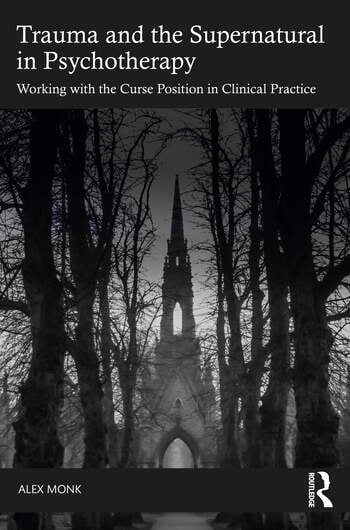
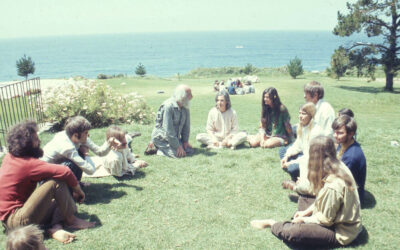

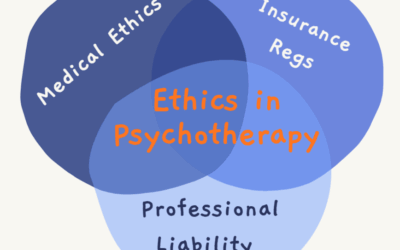

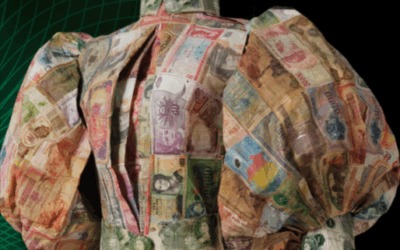



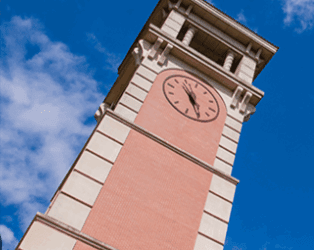



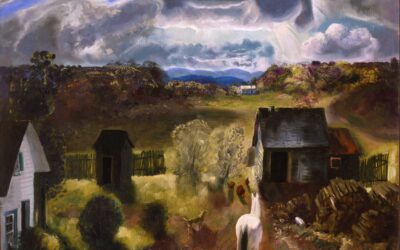



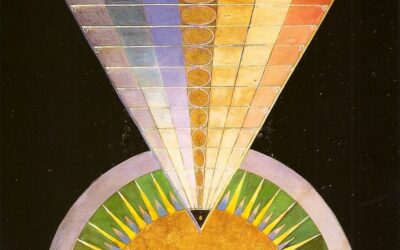

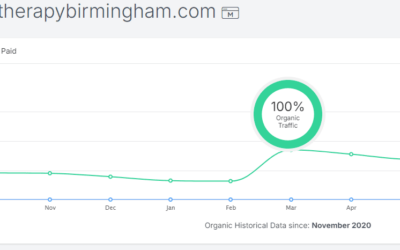


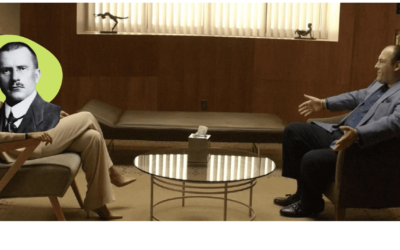
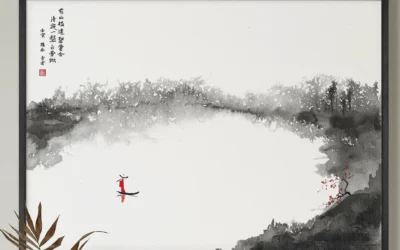
0 Comments